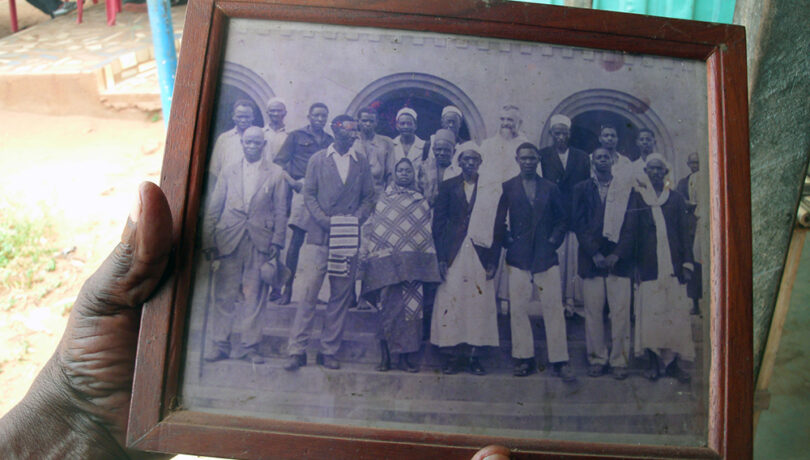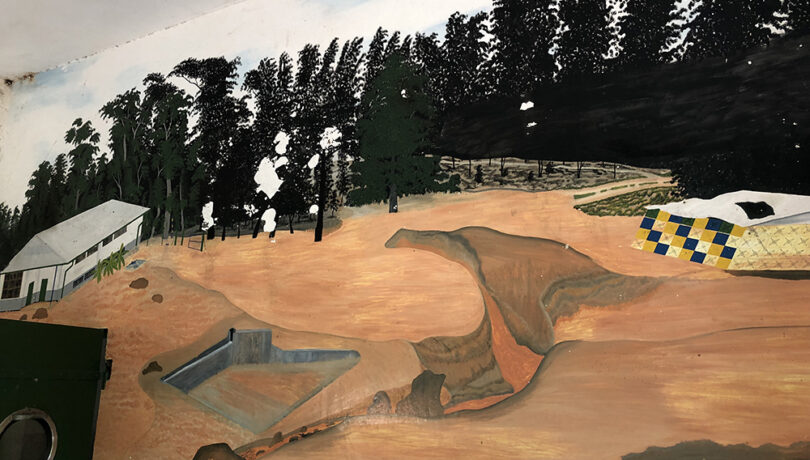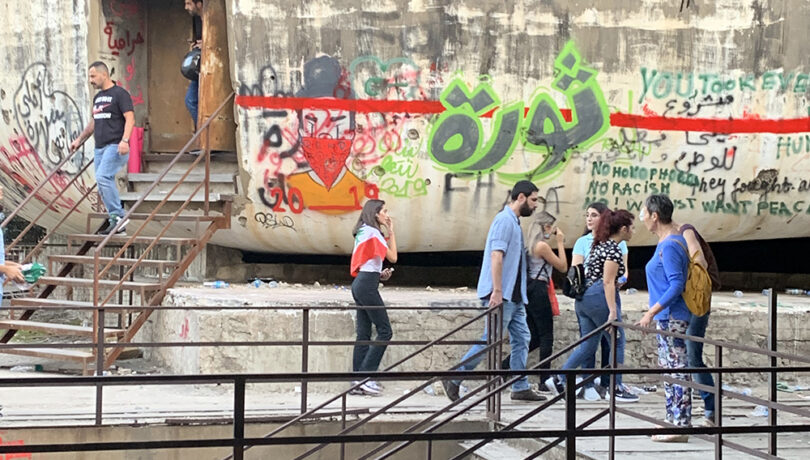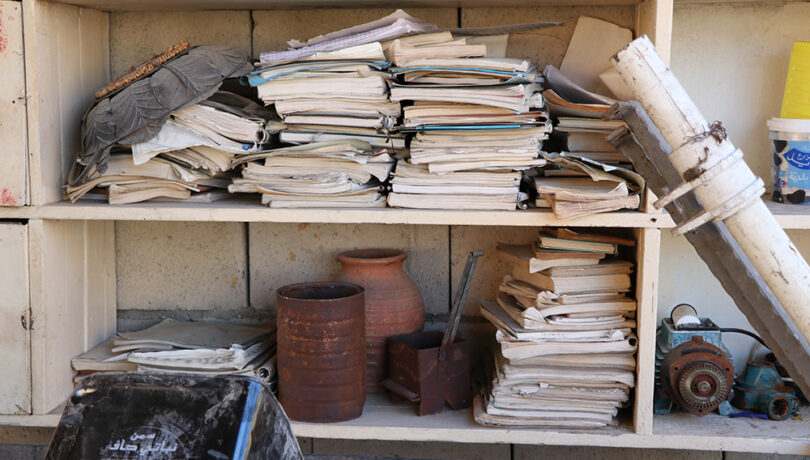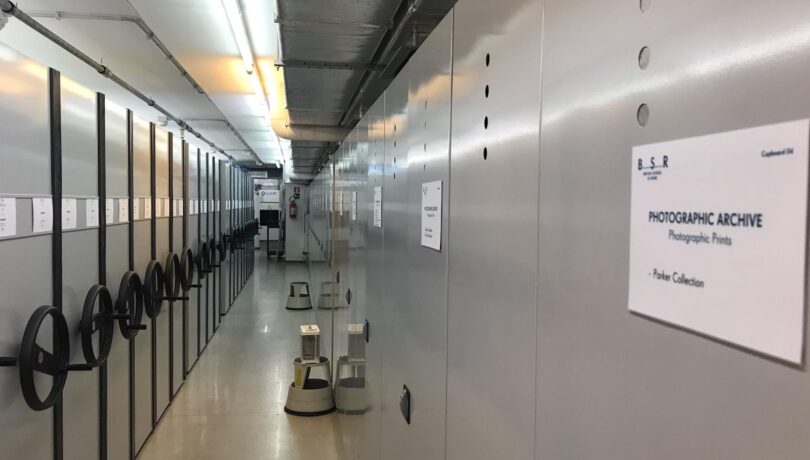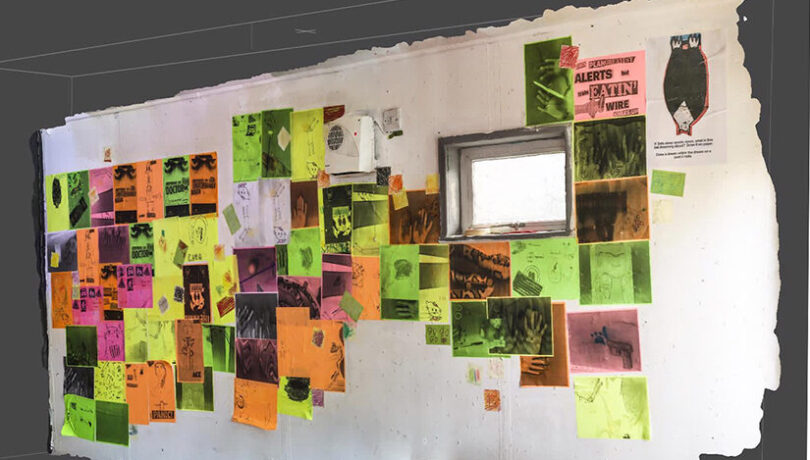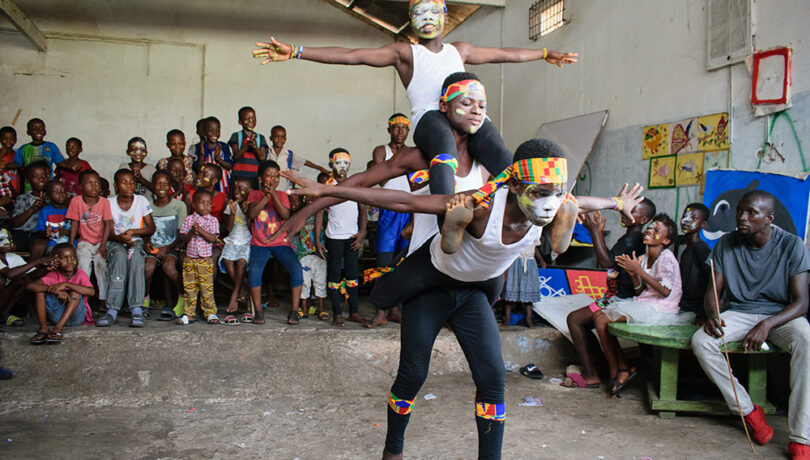Call for applications
Please note, the call for applications to the Phase 2 Commissions Open Call has now closed. Please visit our site again for updates and announcements on the outcome of this call from July 2022.
Following on from the dynamic Phase 1 Commissions in 2021, we are pleased to invite you to join in an expanded new programme of activity. Through the new Phase 2 Commissions, we look forward to continuing to support projects that activate archives as sites of engagement and that co-create tools for egalitarian archival practices.
Copyright © 2020-2021 Elizabeth Wright, Elena Isayev, Howayda Al-Harithy, Elena Fiddian Qasmiyeh, Nancy-Rushohora, Kodzo Gavua
We expect to award approximately 12 grants of up to £15,000, and approximately 4 larger grants of up to £30,000. We anticipate the duration of funded projects to be 12 months, beginning in September 2022 and completing in September 2023.
We invite applications for projects which seek to address one or preferably more of the following themes and areas:
- Work with Archives under threat, due to conflicts, disasters and other factors, that need urgent attention and address the aims of Imagining Futures;
- A focus on innovation, relevance and transformation of endangered and/or indigenous knowledges (which need not be traditional);
- A focus on the archival process in relation to displaced or marginalised people and contexts;
- Innovative approaches to archiving, self-archiving and its subjects, including for example: through visual arts practice, critical reflections on the necessity of forgetting and decay, or forms of global archive.
To apply, please:
- First read the Phase 2 Application Guidance, as found below
- Complete each of the Phase 2 Cover Sheet and Phase 2 Main Application forms, also below, and submit them together with CV(s) and any additional supporting material to imaginingfutures@exeter.ac.uk by 30 May 2022.
Download the call guidance and application forms here
Main Aims
- To support modes of archival practice that allow for co-existence and recognition of different experiences of the past through dialogues across generations, gender, class and stakeholders.
- To stretch the meaning of archive by incorporating a range of tangible and intangible materials and practices, including from the visual arts.
- To explore how archival practices can expose shared pasts as well as a diversity of community experiences across historical and current time and space.
- To articulate the potential power of archival practice, its impact, and modes of egalitarian practice that can feed into shaping policies and actions.
- To critically assess the role of institutions, as both bridges and gate-keepers, within a wider landscape of archival practice.
- To critically assess existing policies and practices in relation the archival process – broadly defined – and propose ways of addressing gaps, oversights and harmful practices.
- To create and highlight innovative tools and modes of archival practices – past or present – including digital technologies, taxonomic frameworks, curatorial methods and data deposition and accessibility protocols.
Anticipated outcomes
- Better communication and amplification of diverse viewpoints on community histories. This includes positive accommodation of “dissensus” (i.e., acknowledging and embracing that there may be diverse viewpoints within a community and valuing this difference) and encouraging the creation and sharing of archives concerning displaced or marginalised people/s;
- Enhanced understanding and empathy, contributing to reducing inter- and intra-community conflict among diverse social, political, religious, economic, and regional groups, and enhanced potential for sustainable peace;
- Better understanding of people’s sense of belonging to their environment, whether in diaspora or in midst of displacement;
- Tools to better influence local, regional and national policy so that it takes a more sensitive and inclusive approach to conservation and reconstruction.

